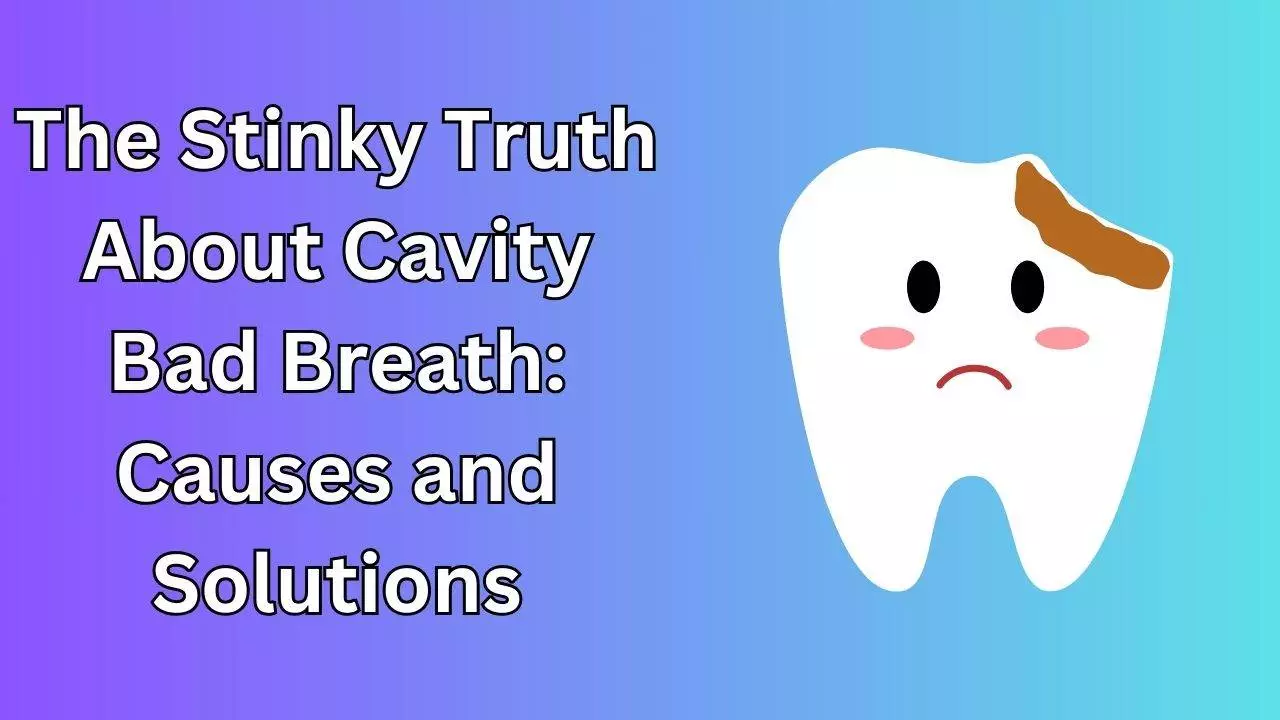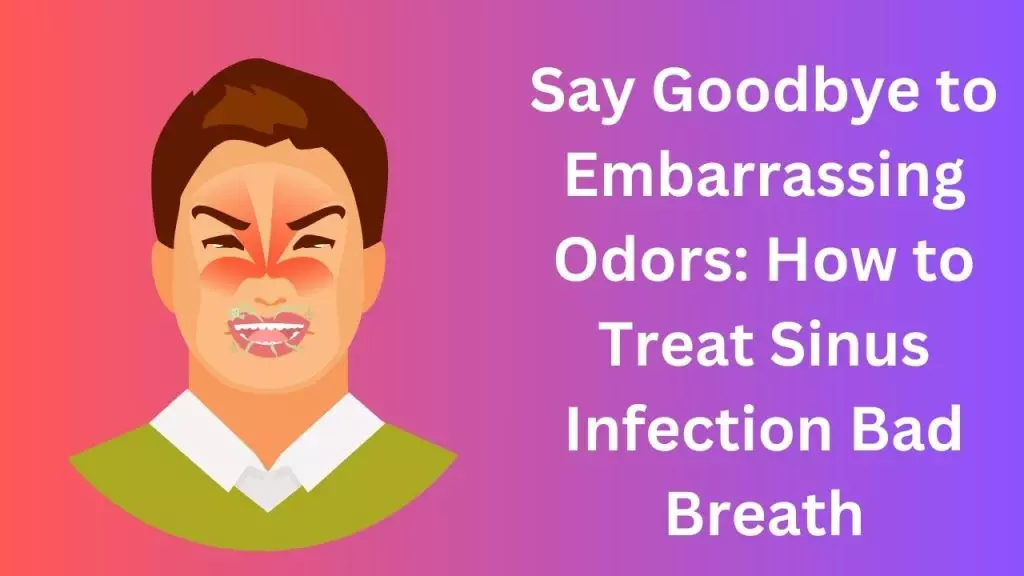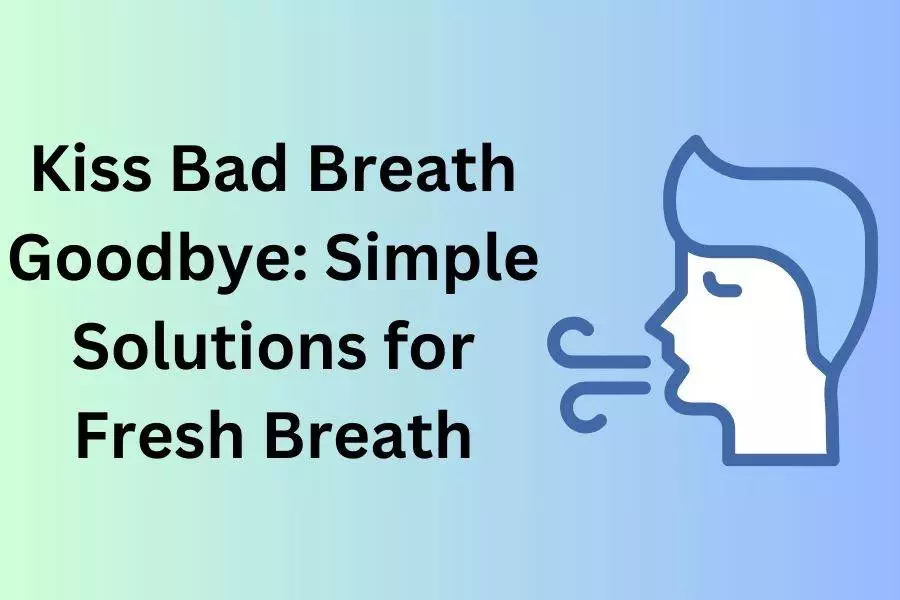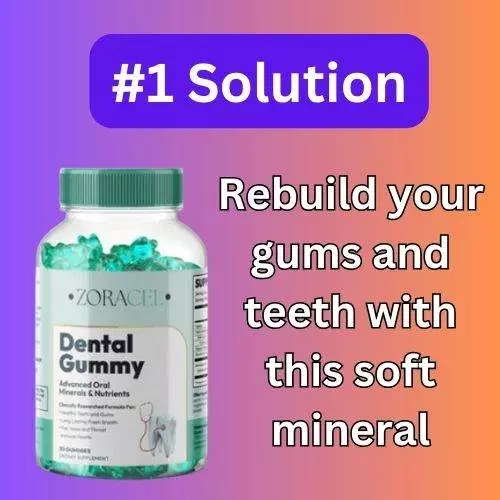
- Understanding the Link Between Cavities and Bad Breath
- The Role of Bacteria in Cavity-Related Halitosis
- How Poor Oral Hygiene Can Contribute to Bad Breath
- The Impact of Dry Mouth on Cavity-Related Halitosis
- Why Certain Foods and Drinks Can Make Your Bad Breath Worse
- How Smoking and Tobacco Use Can Affect Your Breath
- The Connection Between Sinus Infections and Cavity-Related Halitosis
- The Importance of Regular Dental Check-Ups in Preventing Bad Breath
- Effective Home Remedies for Cavity-Related Halitosis
- The Benefits of Using Mouthwash to Combat Bad Breath
- When to See a Dentist for Persistent Cavity-Related Halitosis
Bad breath, also known as halitosis, is a common problem that can be embarrassing and affect one’s self-confidence. While there are various causes of bad breath, one often overlooked factor is cavities. Cavities, or tooth decay, can contribute to bad breath due to the presence of bacteria in the mouth. Understanding the link between cavities and bad breath is crucial for maintaining good oral hygiene and addressing any underlying dental issues. By addressing cavities and maintaining good oral hygiene practices, individuals can improve their breath odor and overall oral health.
Understanding the Link Between Cavities and Bad Breath
Cavities are areas of tooth decay that occur when bacteria in the mouth produce acids that erode the tooth enamel. When cavities are left untreated, they can lead to tooth sensitivity, pain, and even tooth loss. In addition to these dental problems, cavities can also contribute to bad breath. The bacteria that cause cavities release volatile sulfur compounds (VSCs), which have a foul odor. These VSCs are responsible for the unpleasant smell associated with bad breath.
Addressing cavities is essential for improving breath odor. By treating cavities and restoring the affected teeth, the source of the bacteria causing bad breath is eliminated. This not only improves breath odor but also prevents further dental problems from occurring. Regular dental check-ups and cleanings are crucial for detecting and treating cavities early on, before they worsen and contribute to bad breath.
The Role of Bacteria in Cavity-Related Halitosis
Bacteria play a significant role in cavity-related halitosis. The mouth is home to millions of bacteria, some of which are beneficial for oral health, while others can cause dental problems and bad breath. When bacteria accumulate on the teeth and gums, they form a sticky film called plaque. Plaque buildup can lead to cavities and gum disease if not properly removed through regular brushing and flossing.
The bacteria in plaque produce waste products, including VSCs, which contribute to bad breath. These VSCs have a strong odor that can be unpleasant. Maintaining good oral hygiene practices, such as brushing twice a day, flossing daily, and using an antibacterial mouthwash, can help reduce the amount of bacteria in the mouth and minimize bad breath.
How Poor Oral Hygiene Can Contribute to Bad Breath
Poor oral hygiene is a common cause of bad breath. When individuals neglect their oral hygiene practices, such as brushing and flossing regularly, bacteria can accumulate in the mouth and cause various dental problems, including cavities. The bacteria produce waste products that have a foul odor, leading to bad breath.
Brushing your teeth at least twice a day and flossing daily are essential for removing plaque and bacteria from the teeth and gums. Regular dental check-ups are also crucial for detecting any dental issues early on and addressing them before they worsen and contribute to bad breath. Additionally, using an antibacterial mouthwash can help kill bacteria in the mouth and freshen breath.
The Impact of Dry Mouth on Cavity-Related Halitosis
Dry mouth, also known as xerostomia, occurs when there is a decrease in saliva production in the mouth. Saliva plays a crucial role in maintaining oral health by washing away food particles and neutralizing acids produced by bacteria. When there is a lack of saliva, bacteria can thrive and contribute to bad breath.
Dry mouth can be caused by various factors, including certain medications, medical conditions, and lifestyle habits. Staying hydrated by drinking plenty of water throughout the day can help alleviate dry mouth symptoms and reduce bad breath. It is also important to address any underlying causes of dry mouth, such as adjusting medication dosages or seeking treatment for medical conditions.
Why Certain Foods and Drinks Can Make Your Bad Breath Worse
Certain foods and drinks can exacerbate bad breath. Foods with strong odors, such as garlic and onions, can cause temporary bad breath due to the release of volatile compounds that are absorbed into the bloodstream and exhaled through the lungs. Additionally, foods high in sugar and carbohydrates can contribute to cavities and bad breath by providing a food source for bacteria in the mouth.
Being mindful of what you eat and drink can help minimize bad breath. Avoiding foods with strong odors or brushing your teeth after consuming them can help freshen your breath. Choosing healthier food options, such as fruits and vegetables, can also promote good oral health and reduce the risk of cavities.
How Smoking and Tobacco Use Can Affect Your Breath
Smoking and tobacco use not only have detrimental effects on overall health but also contribute to bad breath. The chemicals in tobacco products can dry out the mouth, leading to a decrease in saliva production. This dry mouth environment allows bacteria to thrive and produce foul-smelling waste products.
Quitting smoking and tobacco use is crucial for improving breath odor and overall health. It is important to seek support from healthcare professionals or support groups to successfully quit smoking. In addition to improving breath odor, quitting smoking has numerous other health benefits, including reducing the risk of oral cancer, gum disease, and tooth loss.
The Connection Between Sinus Infections and Cavity-Related Halitosis
Sinus infections can contribute to bad breath, especially when they are chronic or recurring. Sinus infections cause inflammation in the nasal passages, leading to mucus buildup. This mucus can drip down the back of the throat, creating an environment for bacteria to thrive and produce foul-smelling waste products.
Addressing underlying sinus issues is crucial for improving breath odor. Seeking treatment for chronic sinus infections or allergies can help reduce mucus production and minimize bad breath. It is important to consult with a healthcare professional to determine the underlying cause of sinus issues and develop an appropriate treatment plan.
The Importance of Regular Dental Check-Ups in Preventing Bad Breath
Regular dental check-ups are essential for preventing bad breath and maintaining good oral health. During a dental check-up, a dentist can detect any dental issues, such as cavities or gum disease, that may be contributing to bad breath. They can also provide professional cleanings to remove plaque and tartar buildup, which can harbor bacteria and cause bad breath.
Addressing dental issues early on is crucial for preventing them from worsening and causing more significant problems, such as tooth loss. Regular dental check-ups also provide an opportunity for individuals to receive guidance on proper oral hygiene practices and receive personalized recommendations for maintaining good oral health.
Effective Home Remedies for Cavity-Related Halitosis
There are several home remedies that can help improve breath odor associated with cavities. These remedies should be used in conjunction with regular oral hygiene practices and under the guidance of a dentist.
– Oil pulling: This ancient practice involves swishing oil, such as coconut oil or sesame oil, in the mouth for 10-20 minutes and then spitting it out. Oil pulling can help reduce the amount of bacteria in the mouth and freshen breath.
– Drinking green tea: Green tea contains polyphenols, which have antibacterial properties that can help reduce the amount of bacteria in the mouth. Drinking green tea regularly can help freshen breath.
– Chewing sugar-free gum: Chewing sugar-free gum stimulates saliva production, which can help wash away bacteria and freshen breath. Look for gum that contains xylitol, a natural sweetener that has been shown to reduce the risk of cavities.
It is important to note that while these home remedies may provide temporary relief from bad breath, they do not address the underlying cause. It is crucial to consult with a dentist to determine the cause of bad breath and develop an appropriate treatment plan.
The Benefits of Using Mouthwash to Combat Bad Breath
Mouthwash can be a useful tool in combating bad breath. Mouthwashes that contain antibacterial ingredients, such as chlorhexidine or cetylpyridinium chloride, can help kill bacteria in the mouth and freshen breath. Additionally, mouthwashes that contain fluoride can help strengthen tooth enamel and prevent cavities.
Choosing the right mouthwash for your needs is important. It is recommended to consult with a dentist to determine which mouthwash is best suited for your oral health needs. It is also important to follow the instructions on the mouthwash label and use it as directed.
When to See a Dentist for Persistent Cavity-Related Halitosis
If bad breath persists despite practicing good oral hygiene and trying home remedies, it is important to seek professional help from a dentist. Persistent bad breath may be a sign of an underlying dental issue, such as cavities or gum disease, that requires professional treatment.
A dentist can perform a thorough examination of the mouth, teeth, and gums to identify any dental issues that may be contributing to bad breath. They can then develop an appropriate treatment plan to address these issues and improve breath odor.
Understanding the link between cavities and bad breath is crucial for maintaining good oral hygiene and addressing any underlying dental issues. Cavities can contribute to bad breath due to the presence of bacteria in the mouth, which produce foul-smelling waste products. By addressing cavities and maintaining good oral hygiene practices, individuals can improve their breath odor and overall oral health.
Maintaining good oral hygiene practices, such as brushing twice a day, flossing daily, and using an antibacterial mouthwash, is essential for reducing bacteria in the mouth and minimizing bad breath. Staying hydrated, avoiding foods with strong odors, and quitting smoking or tobacco use are also important for improving breath odor.
Regular dental check-ups are crucial for detecting and treating cavities and other dental issues early on. Dentists can provide professional cleanings to remove plaque and tartar buildup, as well as personalized recommendations for maintaining good oral health.
In conclusion, prioritizing oral hygiene and seeking professional help when needed are key to preventing and addressing cavity-related bad breath. By taking these steps, individuals can enjoy fresh breath and a healthy smile.












